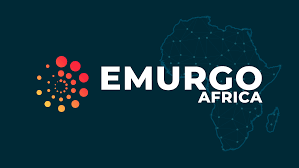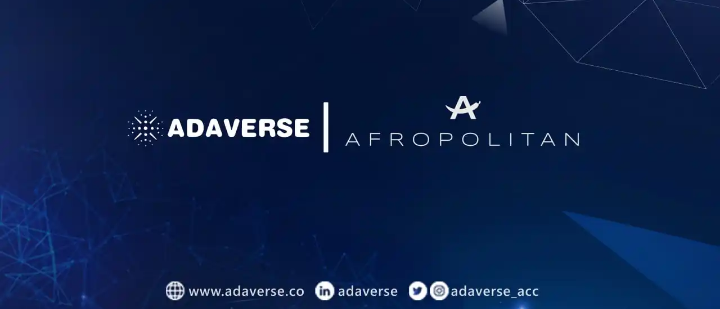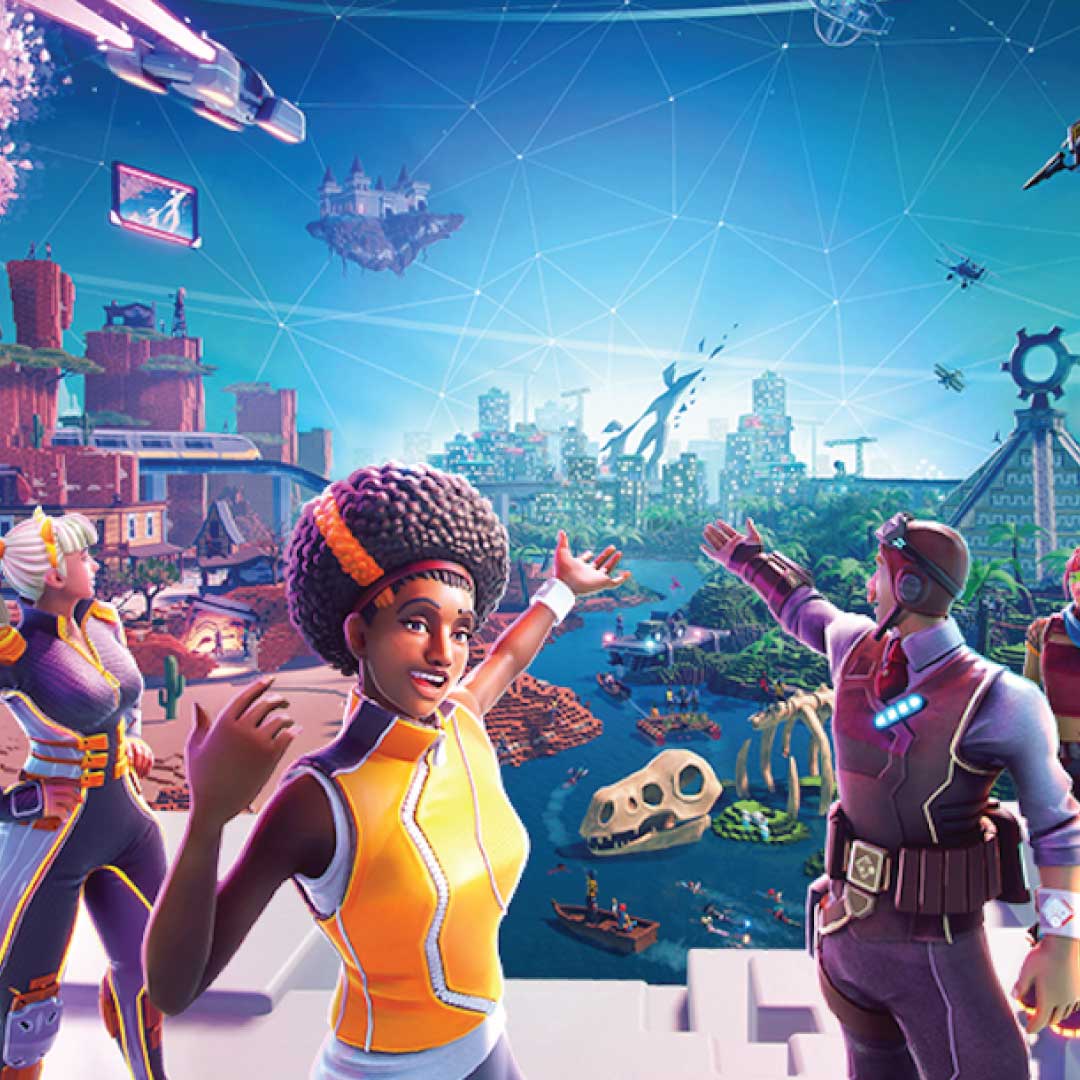The technology landscape is ever-evolving, with groundbreaking trends shaping the way we live, work, and communicate. This article delves into the top 15 tech trends of 2023 that are set to redefine industries and influence global progress.
Global Tech Market Overview
In 2023, the global tech market is projected to reach a staggering $4.4 trillion, reflecting a 4.7% growth compared to 2022, as per Forrester Research, Inc. This growth will be driven by various regions, with the Middle East and Africa (MEA) and Asia Pacific (APAC) at the forefront. These regions are expected to experience the fastest tech spending growth, at 5.6% and 5.4%, respectively, by 2027. In contrast, North America and Europe are forecasted to grow at rates of 5.1% and 3.6% during the same period. Notably, tech software and IT services are poised to account for 66% of global tech spending by 2027.
The rise of cloud application and platform services is set to be a pivotal factor in this surge. Forrester Research, Inc. projects that the public cloud market will reach a monumental $1 trillion by 2026, capturing almost a quarter of the global tech spending.
Read also: Top technology trends in Software Engineering for 2023
African Internet Economy and Esports
In Africa, the internet economy is projected to swell to $180 billion by 2025, surpassing the continent’s GDP by 5%. Saudi Arabia, as part of its investment in tech, has unveiled plans to allocate $25 billion to the sector. Savvy Games Group, owned by Saudi Arabia’s Public Investment Fund, is leading the way, committing around $37.8 billion to transform Saudi Arabia into a global gaming hub.
Asia’s Tech Dominance
In the Asia Pacific, China is poised to lead tech spending with an annual growth rate of 7% from 2024 to 2027. Meanwhile, India’s domestic tech sector is expected to grow by an impressive 9.6% in 2023. According to Michael O’Grady, principal forecast analyst at Forrester Research, the next five years will witness even more substantial growth in tech spending. Factors such as increased R&D investment in the Middle East and Africa, Asia Pacific, and North America, along with companies in APAC investing more in software and IT services, are anticipated to drive tech spending.
Pioneering Companies in Tech Advancements
Several tech giants are driving these transformative trends, each contributing uniquely to the evolving tech landscape.
1. Generative AI and Applied AI
Generative AI and Applied AI represent pivotal segments of AI technology with immense potential. These developments are heralding significant breakthroughs across various sectors.
2. Quantum Computing
Quantum computing is set to impact several industries, including automotive, financial services, chemicals, and life sciences, creating an estimated $1.3 trillion in value by 2035.
3. Web3
With the evolution of blockchain technology and cryptocurrencies, Web3 has become a reality, redefining the internet experience for users. The Web3 market is estimated to grow to $81.90 billion by 2032, reflecting a compound annual growth rate of 44.5%.
4. Green Technology
Green technology is emerging as a critical trend as governments and companies strive to reduce their carbon emissions. The global green technology market is expected to reach $89.18 billion by 2032, growing at a compound annual growth rate of 20.60%.
5. 3D Printing
The use of 3D printing technology is expanding across various industries, making it a central tech trend in 2023. The global 3D printing market is projected to reach $98.31 billion by 2032, growing at a compound annual growth rate of 18.92%.
6. Robotics
The integration of AI into robotics is driving a significant trend in the field, making robotics a highly sought-after technology. The global robotics market is estimated to reach $102.4 billion by 2028.
7. 5G Technology
5G technology, after generating considerable excitement in recent years, continues to play a central role in shaping the telecommunications industry. The global 5G technology market is anticipated to grow to $348.76 billion by 2030, reflecting a compound annual growth rate of 45.2%.
8. Cybersecurity
As online security threats escalate, the importance of cybersecurity is more significant than ever. It’s a pivotal technology in preventing cyberattacks and safeguarding sensitive data. The global cybersecurity market is estimated to reach $424.97 billion by 2030.
9. Bioengineering Technology
Bioengineering technology, which fuses biology and technology, is creating innovative processing methods across various sectors. The global bioengineering technology market is expected to reach $538.56 billion by 2029.
10. Blockchain
Blockchain is revolutionising the digital finance industry, shaping decentralised finance and banking through cryptocurrencies. The global blockchain market is projected to reach $674.41 billion by 2030.
11. Space Technology
Governments are investing heavily in space technology, with missions to various planets and improvements in satellite infrastructure. The global space technology market is expected to reach $700.28 billion by 2029.
These tech trends in 2023 represent the dynamic nature of technology and the continuous pursuit of innovation to enhance and streamline various aspects of life and industry. As they continue to evolve, they will undoubtedly leave a lasting impact on the world.



